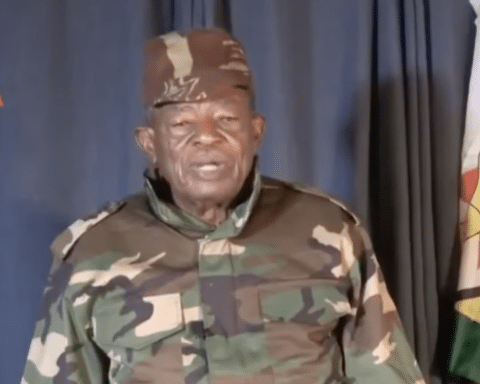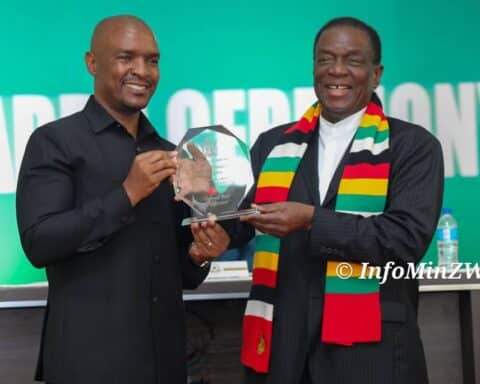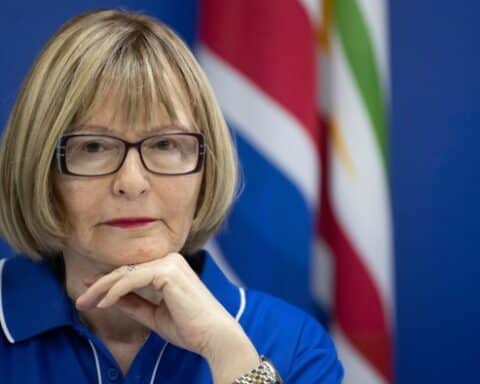Zimbabwe is on edge as the country prepares for a nationwide protest scheduled for Monday, March 31, 2025. The demonstration, spearheaded by war veteran Blessed Geza, is a bold call for President Emmerson Mnangagwa to resign amid growing public anger over economic turmoil, rampant corruption, and accusations of nepotism within the government.
Geza, once a member of the ruling ZANU-PF party and now one of Mnangagwa’s fiercest critics, has framed the protest as an “uprising” intended to force the president from power. “The people have suffered enough,” Geza said in a statement earlier this week. “It’s time for Mnangagwa to go.” His words have resonated with many Zimbabweans grappling with soaring inflation, unemployment, and a deepening cost-of-living crisis.
However, the government has made it clear it will not tolerate the demonstration. Authorities have promised a swift and forceful response, with police and security forces deployed in key cities and towns across the nation. Checkpoints have already been established, and reports of heightened surveillance are circulating as the state braces for potential unrest.
Zimbabwe has a well-documented history of cracking down on dissent, often using heavy-handed tactics to quash protests. Analysts suggest this latest demonstration faces steep challenges, including a lack of unified support from opposition parties, which remain fragmented, and the government’s readiness to deploy its security apparatus. “The state is prepared, and the opposition is divided,” said political commentator Tinashe Moyo. “It’s hard to see this gaining the momentum Geza hopes for.”
Public frustration is undeniable. Zimbabwe’s economy has been in freefall for years, with citizens enduring chronic shortages of basic goods, unreliable electricity, and a currency in crisis. Allegations of corruption and favoritism within Mnangagwa’s administration have only fueled the discontent. Yet, whether this anger will translate into a large-scale, effective protest remains uncertain.







